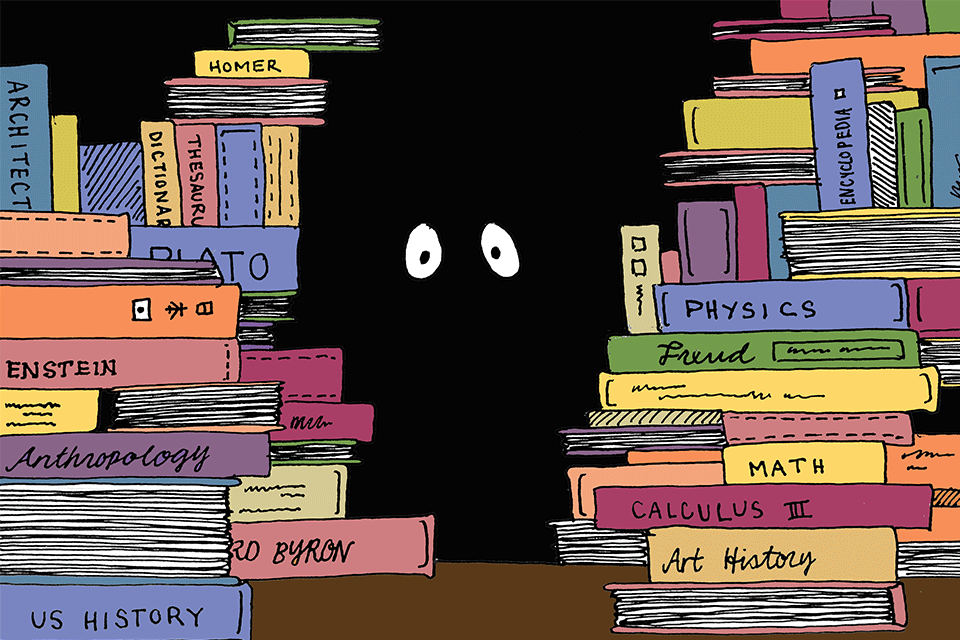Finals are just around the corner, and you’re probably panicking over how to survive this last stretch of your semester. Luckily, there are plenty of ways to study efficiently for finals that will help you ace your exams. Read more about these methods in this blog article!
Setting Goals
When it comes to studying for finals, one of the most important things that you can do is set goals. By setting goals, you can better focus your efforts and ensure that you are making the most of your time.
There are a few different ways that you can go about setting goals for your studies. One method is to break down your goals into smaller, more manageable pieces. For example, if your goal is to get an A on your final exam, you can break that down into smaller goals such as studying for a certain number of hours each day or mastering a certain concept each week.
Another method of goal setting is to create a study schedule. This can be especially helpful if you have a lot of material to cover. By creating a study schedule, you can make sure that you are dedicating enough time to each subject and giving yourself enough time to review before the exam.
No matter what method you use to set goals, the important thing is to make sure that they are realistic and achievable. If your goals are too lofty, you may find yourself getting discouraged. However, if your goals are too small, you may not be challenged enough and may not see the results that you want. Finding the right balance is key to successful goal setting.
Prioritizing what to study
One of the most important things you can do when studying for finals is to prioritize what to study. This means figuring out what material is most important and will be on the test and focusing your attention on that material.
To do this, start by looking at the syllabus for your course. This will give you an idea of what topics will be covered on the final exam. Next, take a look at any practice exams that are available. These can help you identify which topics are likely to be tested more heavily.
Once you have a good sense of what to focus on, make a study schedule that breaks down the material into manageable chunks. Then, stick to your schedule as much as possible and try to get ahead so that you can relax a bit closer to the exam date.
Creating a Study Plan
Assuming you have about a month before finals, here is a four-week study plan to help you prepare. This plan is based on the Pomodoro Technique, which breaks down work into 25-minute intervals (called “Pomodoros”) separated by five-minute breaks.
Start by taking a practice exam or doing some old homework problems. This will help you identify any areas that need improvement. Then, create a list of all the topics you need to review. Finally, estimate how long it will take you to complete each task and add these estimates to your list.
Next, break down your list into smaller tasks that can be completed in one Pomodoro. For example, if you need to review 10 chapters for history, break this down into smaller tasks like “read chapter one” or “outline chapter three.”
Now you are ready to start your first week of studying! Each day, begin by setting a timer for 25 minutes and working on one of the tasks on your list. Once the timer goes off, take a five-minute break before starting the next task. Continue this until you have completed all of your tasks for the day.
If you have time left over at the end of the day, use it to catch up on any incomplete tasks or get ahead on future ones.
Studying In Different Senses
When it comes to studying for finals, there is no one-size-fits-all approach. What works for one person may not work for another. The best way to study is to find a method that works for you and stick with it.
There are different ways to study, and each has its own benefits. Some people prefer to study in short bursts, while others like to study for longer periods of time. There is no right or wrong way to study, so find what works best for you and stick with it.
One method of studying that can be beneficial is studying in different senses. This means that you use more than just your eyes to take in information. You can read text aloud, listen to audio recordings, or even make your own notes. By using multiple senses, you are more likely to remember the material when it comes time to take the test.
Another benefit of this method is that it can help you focus better. When you are only relying on your eyes, it is easy to get distracted by other things around you. However, when you are using multiple senses, it becomes easier to focus on the task at hand and block out distractions.
If you find that traditional methods of studying are not working for you, consider trying out different approaches like studying in different senses. By finding a method that works best for you, you can increase your chances of success on your final exams.
Taking Breaks
When it comes to studying for finals, one of the best things you can do is take breaks. This may seem counterintuitive, but taking breaks can actually help you retain information better and improve your focus.
One study found that students who took short breaks between studying sessions had better recall than those who studied for extended periods without a break. So, if you’re feeling overwhelmed by all the material you need to review, take a few minutes to relax and clear your mind. Then, when you start studying again, you’ll be more focused and productive.
It’s also important to make sure that you’re taking breaks that are truly restful. That means stepping away from your books and notes, and maybe even getting up and moving around for a bit. Taking a walk or spending some time outdoors can help refresh your mind and body so you can come back to studying feeling refreshed and ready to learn.


